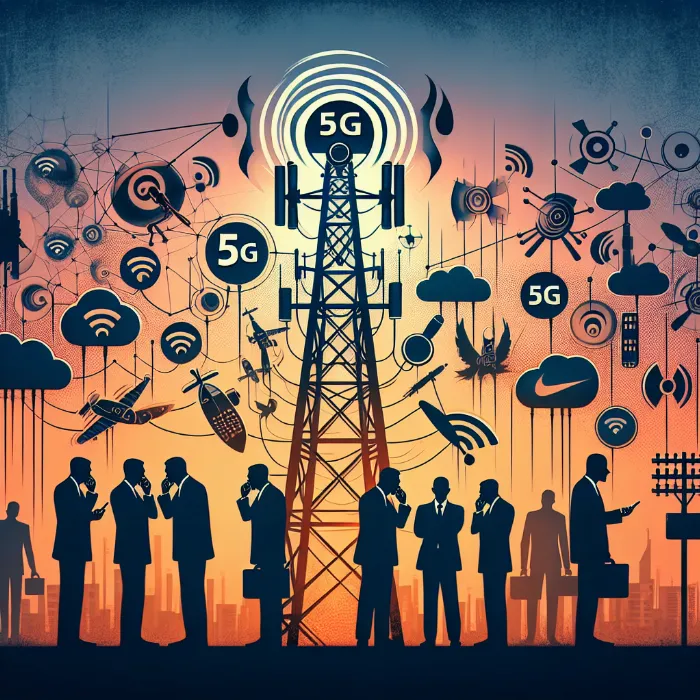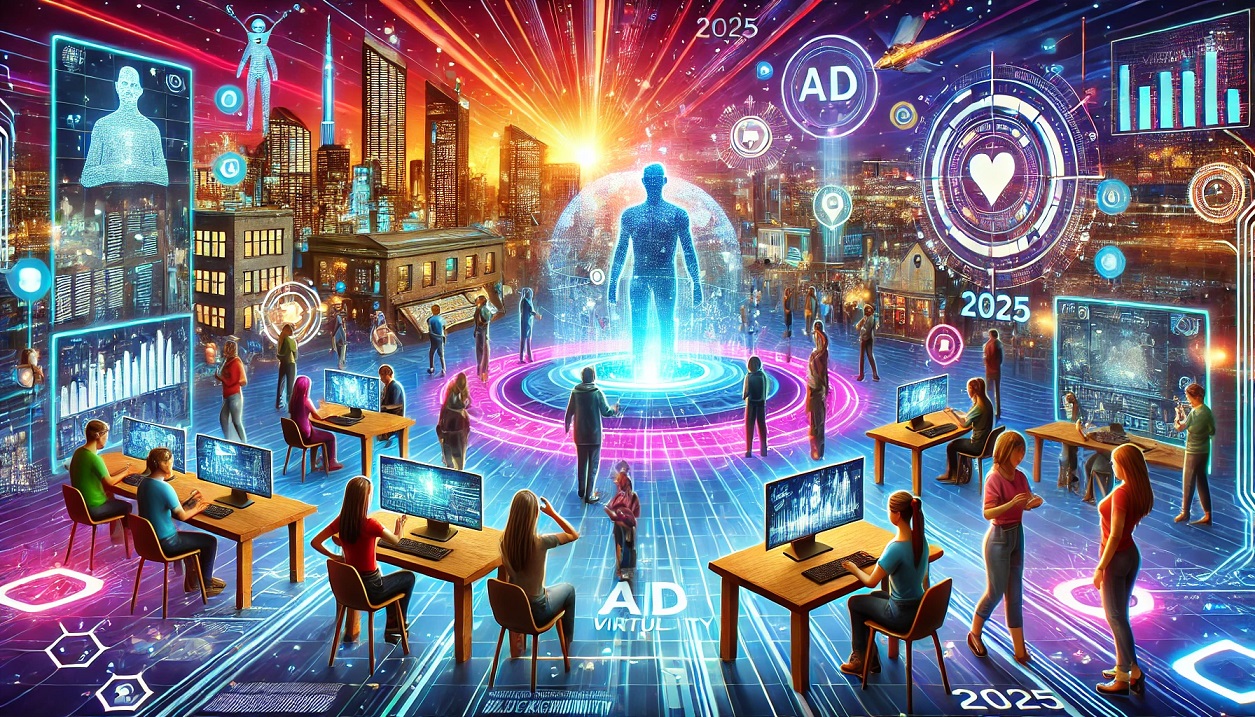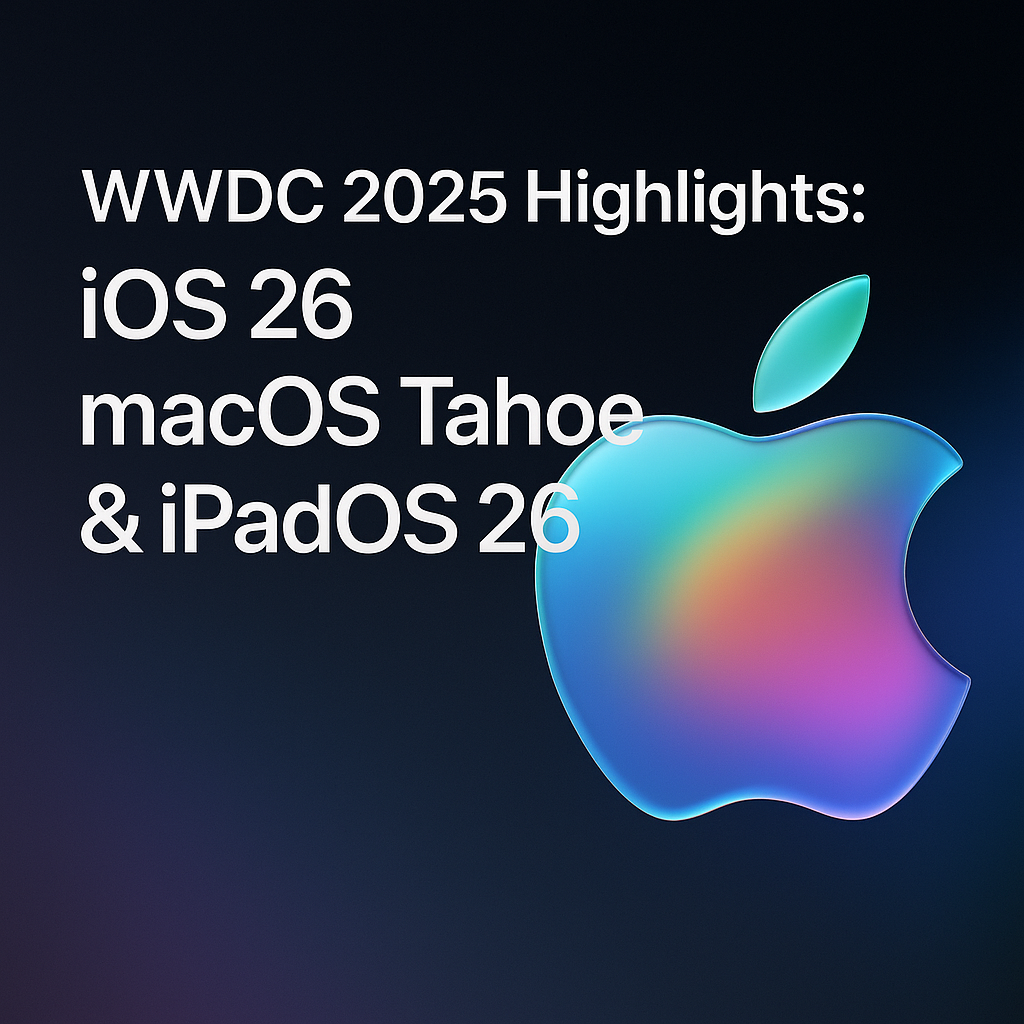Explore how 5G conspiracy theories circulated via social media have influenced public perception and affected the telecom industry, with insights into industry responses and factual clarifications.
Explore how 5G conspiracy theories circulated via social media have influenced public perception and affected the telecom industry, with insights into industry responses and factual clarifications.
In recent years, the rollout of 5G technology has been accompanied by a wave of misinformation and conspiracy theories that have spread primarily through social media. These theories claim everything from 5G causing health risks to being a tool for surveillance. This article delves into the repercussions of these theories on the telecommunications industry, how these misconceptions spread, and the actions taken by companies and regulatory bodies to address them.
Originating on various online platforms, 5G conspiracy theories began to gain traction in the late 2010s. It's crucial to understand the mechanisms by which these rumors were propagated and why they found a receptive audience. Studies and news reports indicate that factors such as technological misunderstanding and distrust in authorities contribute to their spread.
Key points include:
Telecom companies have faced various challenges due to these conspiracy theories. From physical attacks on infrastructure to widespread public relations crises, the industry's response has been multifaceted.
Case Study:
One notable instance involved a major telecom provider in Europe where there were multiple arson attacks on 5G towers, fueled by conspiracy theories linking 5G technology to the spread of COVID-19. The economic impact here included direct costs of repairing infrastructure and indirect costs such as customer dissatisfaction and damage to brand reputation.
In response to the misinformation, telecom companies along with governments and health authorities have taken substantial steps to educate the public about 5G. Efforts include:
The spread of 5G conspiracy theories represents a profound challenge for the telecom industry. Through a combination of strategic communications and partnerships, the industry can mitigate the negative effects of misinformation and guide the public towards a factual understanding of 5G technology. As 5G continues to unfold globally, it is vital for continual dialogue and education to prevent misinformation from obstructing technological progress.
Disclaimer: This article is provided for informational purposes only. The content is based on research and expert commentary. Readers are encouraged to consult professionals and conduct further research to form their opinions.
Q: Does 5G technology cause health problems?
A: According to extensive research by international health organizations, there is no credible evidence that 5G technology poses health risks to the public.
Q: Why do conspiracy theories about 5G emerge?
A: Factors contributing to the emergence of conspiracy theories include misunderstanding of the technology, distrust in authorities, and the amplifying effect of social media.
Q: What measures are being taken to combat 5G misinformation?
A: Telecom companies, in collaboration with governments and expert groups, are actively educating the public, debunking myths, and providing transparent information to help alleviate fears and misconceptions about 5G technology.
Like
Dislike
Love
Angry
Sad
Funny
Wow
California Bar Introduces Privacy Law Specialization to Meet Digital Era Demands
June 22, 2025Collagen Supplements Boom: Do They Really Improve Skin and Hair Health?
March 15, 2025Twitter Rolls Out New Feature Allowing Users to Tip Influencers Directly
April 08, 2025







Comments 0